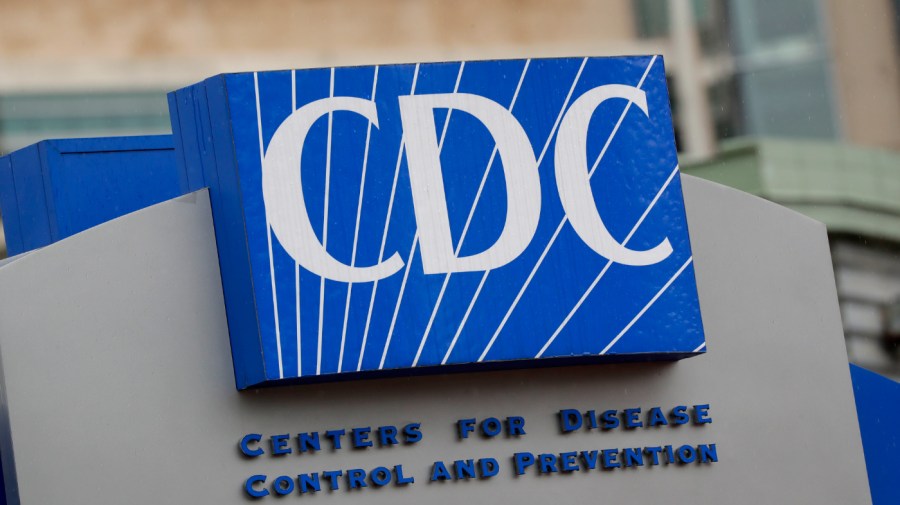

Africa is the fastest-growing region in the world. Its population is projected to increase by 63 percent by the year 2050. At that point, it will represent 28 percent of the world’s population.
These facts alone should alarm the Trump administration and drive it toward policies that will alleviate the variety of transnational ills that dense, poverty-stricken areas produce — infectious disease, food insecurity, poverty-induced conflict and unbridled migration. All of which will impinge on America’s national interests.
Instead, the Trump administration is adopting policies that will further exacerbate these challenges and will make Africa poorer and more dangerous. In his first term, Trump was quoted as making very disparaging remarks about African nations. This time around, he is acting on those impulses.
The first step was to dismantle USAID, an agency that was not only saving lives with its humanitarian public health interventions but also helping African nations create the economic conditions needed to attract foreign investment and qualify for access to U.S. markets under the African Growth and Opportunity Act.
To qualify, African countries had to reform their economic systems, respect the human rights of their people and create democratic institutions. Each of these requirements became a development challenge, and USAID was present to provide the technical support needed.
When the African Growth and Opportunity Act was created in the late 1990s, there was much enthusiasm generated by the call for “trade, not aid.”
I was the administrator of USAID at the time and tried to temper this enthusiasm by suggesting that opening U.S. markets to countries that had weak microeconomic systems and undereducated workforces would be akin to “pushing on a string.” My counter was “aid for trade.” It was quite a battle, but the final version of the African Growth and Opportunity Act reflected this reality.
Today, some 30 countries have qualified for access to the U.S. market and as many as 1.3 million jobs have been created. The latest statistics indicate that exports to the U.S. have reached $61 billion.
This is a tribute to the reforms undertaken by African governments as well as to the work of USAID and other donors, along with the incentives built into the African Growth and Opportunity Act. There is much more to be done, but now there is no USAID to continue this work, and indications are that the Trump administration will eliminate the act as it hits African exporters with huge tariffs.
To make matters worse, the “big, beautiful bill” Republicans want the president to sign contains a provision that would tax another source of assistance flowing to Africa: remittances that families living in the U.S. send to relatives in Africa.
According to the New York Times, in 2024, some $10 billion was sent to Africa. Under the proposal, a tax of 3.5 percent would be levied on money that had already been taxed at 6 percent when it was earned.
If the policy for Africa is to be trade, not aid, these actions contradict that mantra and represent a slap at an entire continent. Perhaps this transactional president seeks to leverage our relationships with these countries. The risk is that many will fall back into extreme poverty and will have very little to give except more headaches for the United States.
But don’t worry, China will sweep in and save the day. Chinese aid doesn’t come with conditions, so African countries that have made sufficient progress on reform to be eligible for the African Growth and Opportunity Act will slip back into authoritarianism.
If anyone imagines that that is in America’s interest, I suggest that you read the book “Why Nations Fail” by Nobel Peace Prize winners James Robinson and Daron Acemoglu.
The only alternative for desperate, unemployed Africans wanting to escape poverty, disease and conflict is to migrate. An increase in immigrants will give Trump something to talk about for the rest of his term, but some voters may find it curious that his own policies have increased the flow of migrants.
Cutting aid to Africa, eliminating trade access to U.S. markets and taxing remittances is a triple whammy for African nations. These actions mean that Trump is writing off what will soon be 28 percent of the world’s population and assuming that this won’t come back to haunt the American people.
J. Brian Atwood was the administrator of USAID in the Clinton administration and served in Africa as a Foreign Service Officer.







